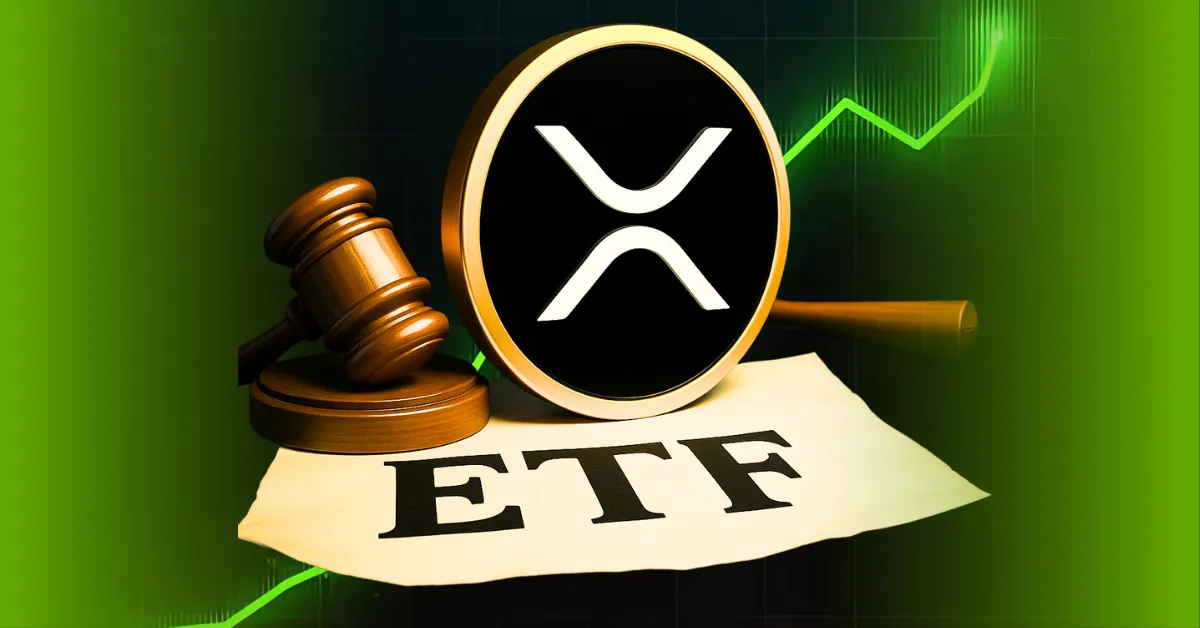The Ripple vs. SEC legal battle has been a defining narrative in the cryptocurrency space for years, and the latest developments have once again thrust the case into the spotlight. Judge Analisa Torres’ refusal to grant an “indicative ruling” has left both Ripple and the SEC in a state of uncertainty, raising questions about the future of XRP and the potential for an XRP exchange-traded fund (ETF) in the United States. This legal saga has far-reaching implications for Ripple, XRP holders, and the broader cryptocurrency market.
The Legal Maze: Ripple vs. SEC
The legal battle between Ripple Labs and the U.S. Securities and Exchange Commission (SEC) began in December 2020, with the SEC alleging that Ripple’s $1.3 billion offering of XRP tokens constituted an unregistered securities sale. Ripple, on the other hand, has maintained that XRP is a digital currency and not a security. After three years of legal proceedings, Judge Torres handed Ripple a partial win in July 2023, ruling that XRP is not a security when sold on public exchanges but that some direct institutional sales violated securities laws.
Despite this partial victory, the case remains unresolved. Both Ripple and the SEC have been engaged in settlement discussions, with the SEC reportedly willing to reduce its proposed $125 million penalty to $50 million. However, Judge Torres’ recent denial of an “indicative ruling” has left the parties in a state of procedural limbo. This refusal means that neither party will receive an expedited settlement or clarity on the matter, prolonging the uncertainty.
The Impact on the XRP ETF Pipeline
The ongoing legal uncertainty has significant implications for the prospects of an XRP ETF in the United States. Exchange-traded funds tied to spot cryptocurrencies have become increasingly popular, with asset managers eager to capitalize on the growing interest in digital assets. XRP, with its substantial market cap and liquidity, is a natural candidate for an ETF. However, the SEC’s regulatory stance on XRP remains a major hurdle.
The SEC’s control over ETF approvals means that any ETF tied to XRP is subject to the regulator’s discretion. The ongoing lawsuit provides the SEC with a justification to delay or withhold approval for an XRP ETF until there is greater regulatory clarity. This uncertainty has already led to delays in the approval process, with the Franklin Templeton XRP ETF facing a decision deadline of June 17, 2025. Given the latest legal developments, industry experts now expect a final ETF ruling to be pushed back to at least August, if not later.
The Broader Implications
The Ripple vs. SEC case is not just about the future of XRP or the potential for an XRP ETF. It is a microcosm of the broader struggle between regulators and digital finance innovators. The outcome of this case will set a precedent for how the SEC approaches future crypto securities cases, making it a keystone event for the next wave of digital asset regulation.
For Ripple and XRP holders, the short-term outlook remains uncertain. The ongoing legal proceedings have created a state of limbo, with XRP’s price fluctuating in response to rumors and developments in the case. However, once the legal dust settles, there is potential for a resurgence in institutional interest and a boost in credibility for Ripple and its payments technology.
For the ETF market, the immediate future remains uncertain. The delay in the Ripple vs. SEC case has put a halt to any new spot XRP ETFs in the United States. However, the Canadian market offers a glimpse into what could be possible stateside. The launch of the Purpose XRP Spot ETF in Canada on June 18, 2025, highlights the contrast between the regulatory environments in the two countries.
For the SEC, the Ripple case presents a strategic choice. The regulator faces increasing pressure to establish consistent frameworks for digital assets. The outcome of the Ripple case will set a precedent for how the SEC approaches future crypto securities cases, making it a keystone event for the next wave of digital asset regulation.
Conclusion
The Ripple vs. SEC legal battle has been a defining narrative in the cryptocurrency space, with far-reaching implications for Ripple, XRP holders, and the broader cryptocurrency market. The latest developments have once again thrust the case into the spotlight, raising questions about the future of XRP and the potential for an XRP ETF in the United States. While the ongoing legal uncertainty has created a state of limbo, the finish line is in sight. Legal experts expect meaningful resolution by late summer or fall 2025, which could unlock the next phase for XRP and the broader crypto ETF market. The outcome of this case will set a precedent for how the SEC approaches future crypto securities cases, making it a keystone event for the next wave of digital asset regulation.

